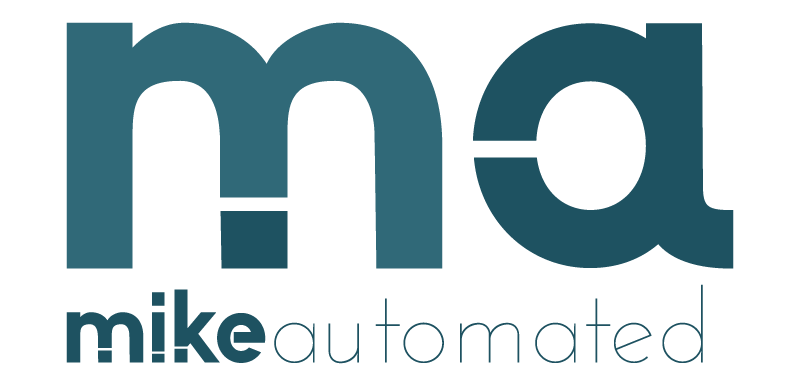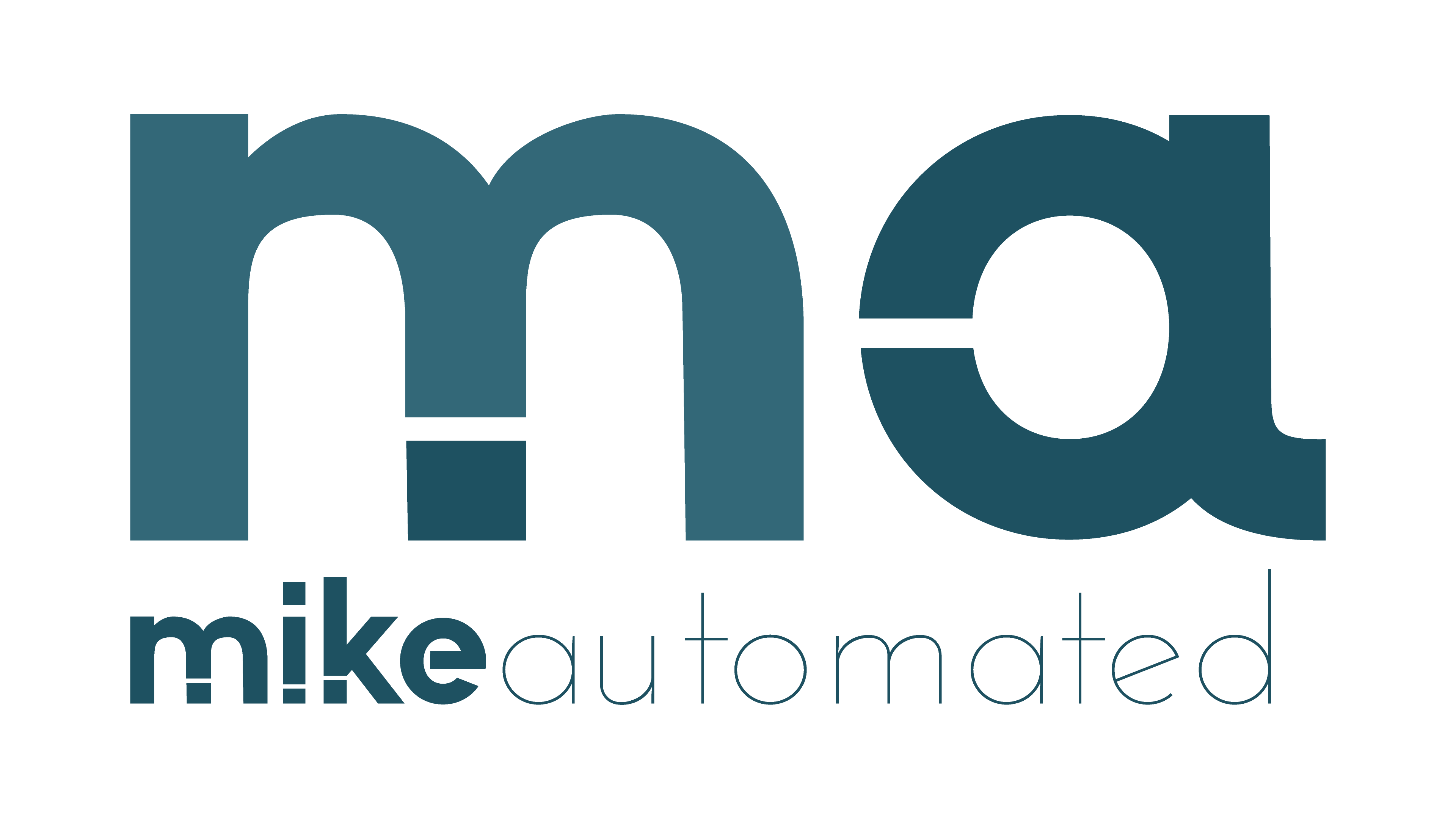TL;DR:
- AI tools for small businesses can enhance productivity and cut costs effectively.
- Affordable options like chatbots and CRM tools are designed for startups and entrepreneurs.
- Use AI for automation, personalized marketing, and business decision-making.
- Focus on tools that match your specific needs, such as customer service, inventory management, or data analysis.
- Learn the importance of scalability and selecting AI software that grows with your business.
Why Small Businesses Need AI
Small businesses often face challenges like limited resources, high competition, and time-consuming processes. AI has emerged as a game-changer, providing affordable, scalable solutions to these challenges. Tools powered by AI help automate repetitive tasks, generate insights from data, and personalize customer interactions. Whether you’re a startup or an established small business, AI can help you do more with less. Today, the cost of implementing AI has decreased, making it accessible for even the smallest businesses. You no longer need a tech team to tap into its benefits. Let’s explore how you can bring the power of AI into your business, starting today.Top AI Tools for Small Businesses
1. Customer Support AI
Chatbots: Platforms like Intercom and Zenvia make it easy for businesses to automate customer service. These tools handle questions, process feedback, and offer assistance 24/7.Example: An online boutique uses AI chatbots to answer FAQs, cutting response times and improving customer satisfaction.
2. Customer Relationship Management (CRM)
AI-Driven CRMs: Examples include HubSpot and Salesforce. These tools analyze customer behavior, predict trends, and suggest ways to improve customer engagement. Actionable Tip: Use AI CRMs to identify high-value customers and design targeted upselling campaigns.3. Marketing Automation
AI tools like Mailchimp and AdEspresso optimize your marketing campaigns. Automate email workflows, personalize ads, and even experiment with AI-generated content. Scenerio: A fitness startup boosted email engagement by customizing fitness plans through AI-driven customer segmentation.4. Inventory Management
If you’re in retail or e-commerce, AI inventory tools like TradeGecko predict stock requirements and flag low inventory items. Why It Matters: Save money and avoid excess stock by letting AI optimize your supply chain.How AI Enhances Overall Efficiency
Automating Repetitive Tasks
Data entry, billing, and scheduling can eat up time. Tools like Zapier connect your apps via automation, ensuring repetitive tasks no longer slow you down.Data-Driven Decision-Making
AI helps startups analyze customer reviews, website traffic, and sales data—all with precision. For example, Google Analytics leverages AI to suggest actionable insights.Improving Employee Productivity
AI assistants like Cortana and Alexa for Business streamline meetings and agendas, letting your team focus on innovation and big-picture goals.What to Consider When Choosing AI Tools
1. Budget: Look for free or low-cost options that can be scaled up later. Many tools offer free trials to help small businesses test the waters. 2. Integration: Does the AI platform work with your existing software? Check integrations to avoid compatibility issues. 3. Usability: Choose user-friendly tools. Complex systems may frustrate your team and waste time.Must-Have Features in AI Tools
- Automation: Does the tool simplify repetitive processes?
- Scalability: Can it grow with your business?
- Analytics: Does it provide actionable insights?



